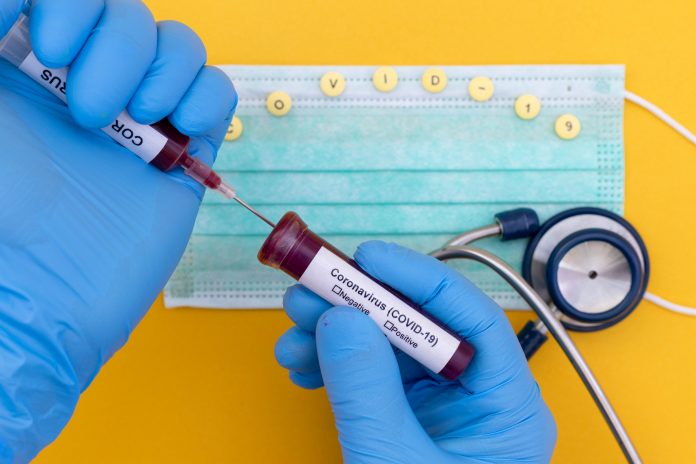Daniel Berman, Head of Global Health, Nesta Challenges, says that it should not have taken COVID-19 to emphasise the necessity of rapid testing
It should never have taken a crisis of the scale presented by COVID-19 to put the importance of diagnostics in the public consciousness, but suddenly the value of accurate, affordable, quick tests – or the lack of them – is front and centre.
For too long we have been tolerant of a system that often delivers results after the fact, when they may no longer be clinically relevant. Often consultants are forced to decide on treatment before they get a test result. For blood infections the risk of delay can mean a patient developing life-threatening sepsis. Imagine the difference a rapid test could make in emergency departments to diagnose blood infections in real time, letting the doctor know when the infection is bacterial and providing information about which antibiotic would be effective.
Researchers are working on tests such as these, but they have been starved of resources and attention. A lack of diagnostic capabilities and a stunted diagnostic market has come back to bite us.
Rapid testing around the world
Around the world, organisations like Nesta Challenges’ Longitude Prize, BIRAC , CARB-X (funded by the US National Institutes of Health and the Wellcome Trust) and FIND have been working for years, supporting, investing in and championing the work of rapid test innovators to identify infections in the fight against deadly bacterial superbugs. Now, many of these diagnostic developers have also started working on COVID-19 tests to tackle this worldwide pandemic.
Until now, these companies and innovators have been underappreciated, undervalued, and underfunded. As the UK government’s Department of Health and Social Care (DHSC) acknowledged in its recent report about scaling up the country’s COVID-19 testing: “Britain has an innovative, but relatively small diagnostics industry. We now need to grow it, substantially and quickly.”
In Britain we have the talent to develop tests, but our national diagnostic industry is not what it should be. Commissioning has been fractured and resources allocated to buying tests have been too limited to drive innovation and expansion of this industry. COVID-19 is teaching us the true value of investing in tests that can be used at point of care.
Although recent bold action to bring point-of-care tests to communities failed, this does not mean we should give up. There can be no shortcuts in validating new tests. We do need accurate rapid tests to identify who has antibodies to COVID-19 and we also urgently need rapid tests to address misuse and overuse of antibiotics.
The future of diagnostics?
My hope is that we maintain momentum in ensuring diagnostics become as important to 21st century medicine as antibiotics were in the 20th. When I moved to London after living in the US, France and South Africa, I was surprised that community testing was limited in the UK. In these other countries, you take your prescription to the local lab and the tests are run on site. It would be a colossal task to build a network of community labs from scratch. Increased point-of-care testing that does not require labs can be part of the solution to increasing accessibility and speeding up test results.
The pandemic has underlined the potential of rapid diagnostic tests that can be used in pharmacies, at home, at the doctor’s surgery and in hospital.
We will always need labs in hospitals, but the pressure can be taken off of these labs by conducting some tests in the community. This already works for pregnancy tests and sexually transmitted infections. Imagine the money saved by getting more diagnoses right the first time around? Increased community testing will cost more initially but will avoid repeat visits to GP surgeries and avoid some hospital stays. We need to take the long view on investments in testing.
Since 70,000 people will die this year of bacterial superbug infections, we will continue our work to incentivise the development of rapid diagnostic tests to identify bacterial infections for the future of antibiotic preservation. Whilst the innovators we work with apply their expertise and resources to identifying the COVID-19 virus we will support and champion their work. Importantly, we will continue the call for governments and other payers of medical services to make meaningful, sustained investment in rapid diagnostics. The COVID-19 crisis demonstrates that if these funders are willing to embrace rapid diagnostics and recognise their long-term value, the global community of diagnostic innovators is ready and able to deliver real change on their behalf.











